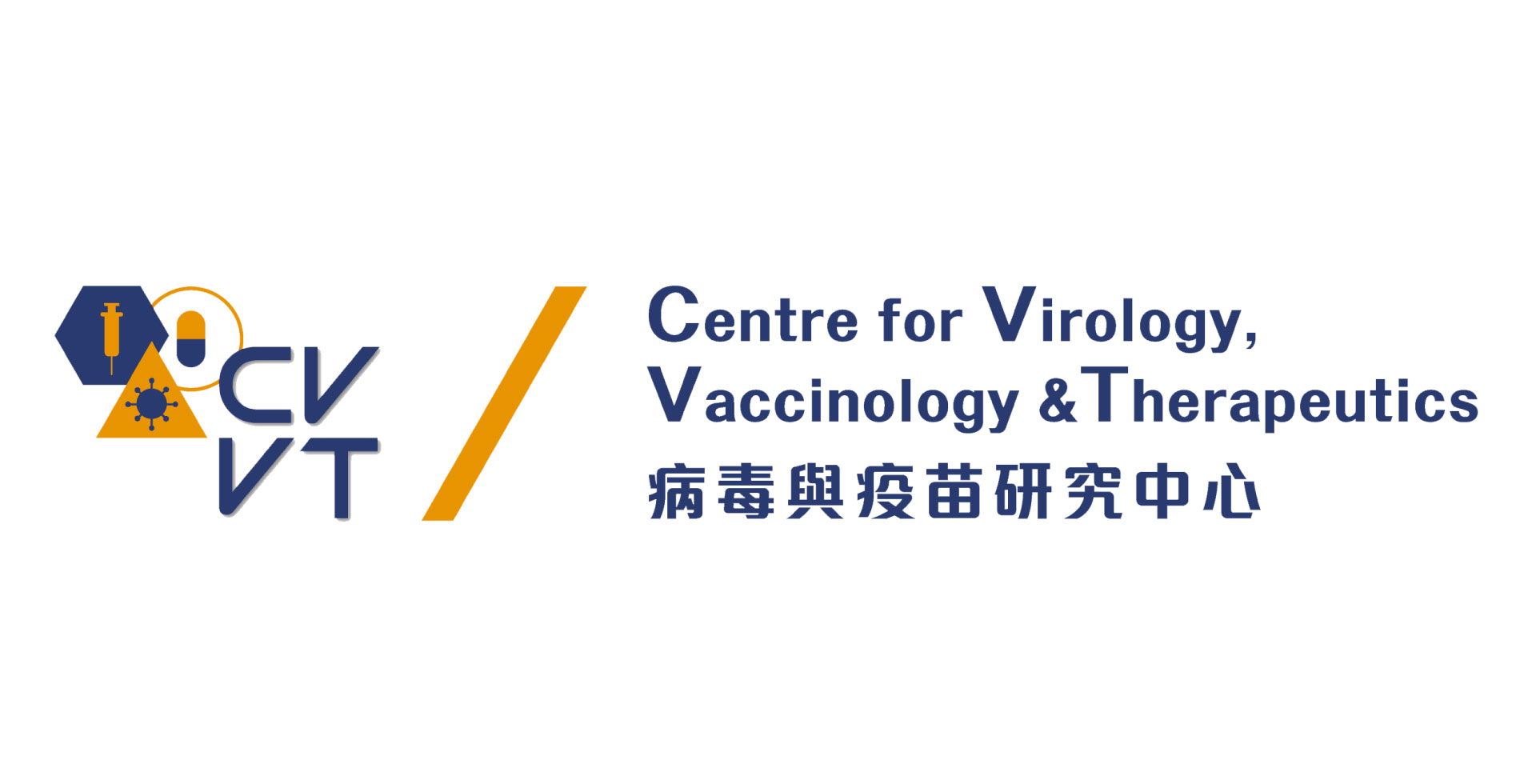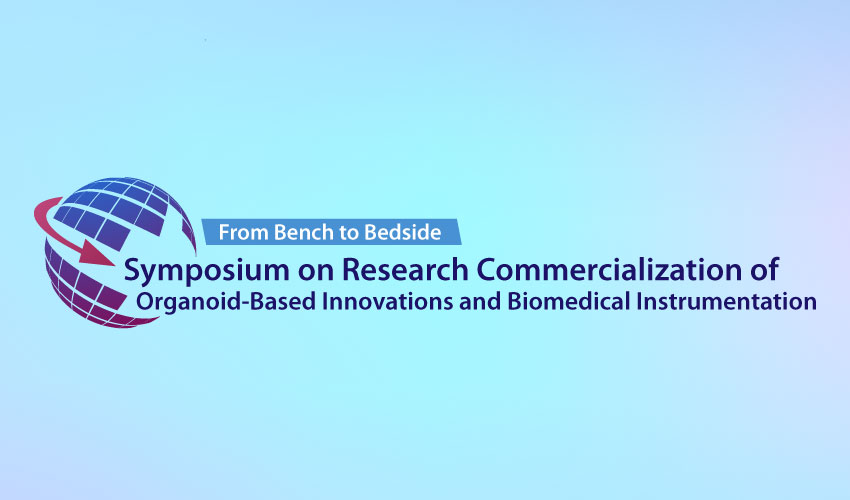
Date: 2 December 2023 (Sat)
Time: 1:00pm – 5:30pm (Registration: 12:30pm)
Venue: Multi-function room 2-3, Inno2,
Building 17W, Hong Kong Science Park
The field of biomedical research has witnessed remarkable advancements in recent years, particularly in the areas of Organoids, Organs-on-Chips, disease modeling, and related biomedical instrumentation. The FDA Modernization Act 2.0 recently legitimized alternative testing methodologies for advancing drugs to human studies. Drugs thoroughly tested using either animal or non-animal models can proceed to clinical trials upon FDA approval.
The drug development sector has embraced patient-derived in vitro models. These models can replicate important aspects of the original disease with advantages in terms of speed and scalability. Patient-derived organoids can be created from both healthy and diseased tissues and used to assess the efficacy and safety of new drugs. Notably, these organoids remain stable when grown outside the body, making them a valuable laboratory tool for ex vivo drug screening. Nevertheless, the translation of these breakthroughs into commercial applications with impacts on clinical practice requires a concerted effort from researchers, industry professionals, and policymakers.
The symposium aims to bring together experts from diverse disciplines to discuss the challenges, opportunities, and strategies for effectively commercializing research related to organoid-based innovations and biomedical instrumentation.
The symposium has been held successfully. We look forward to seeing you next time.

Technical University of Munich
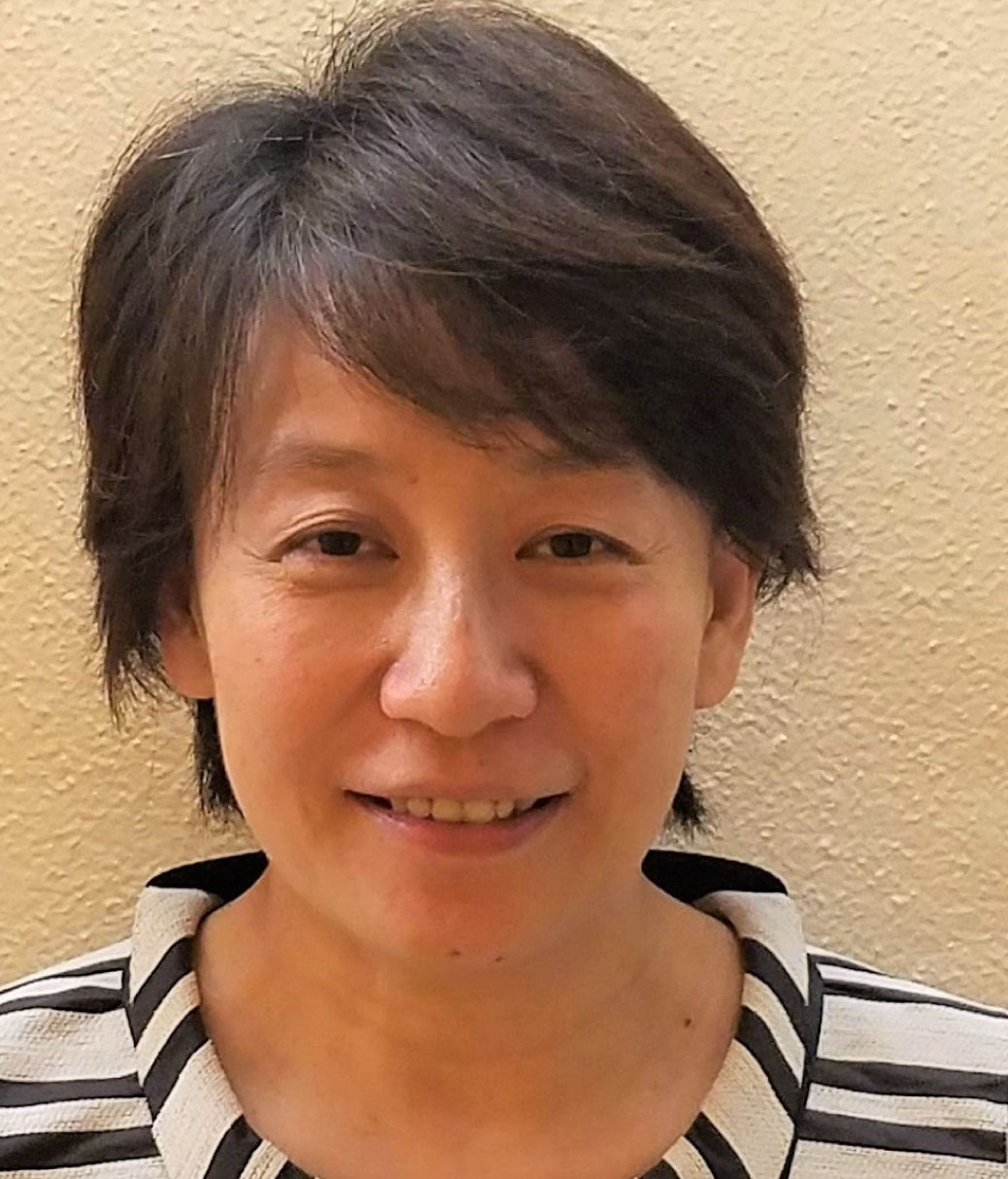
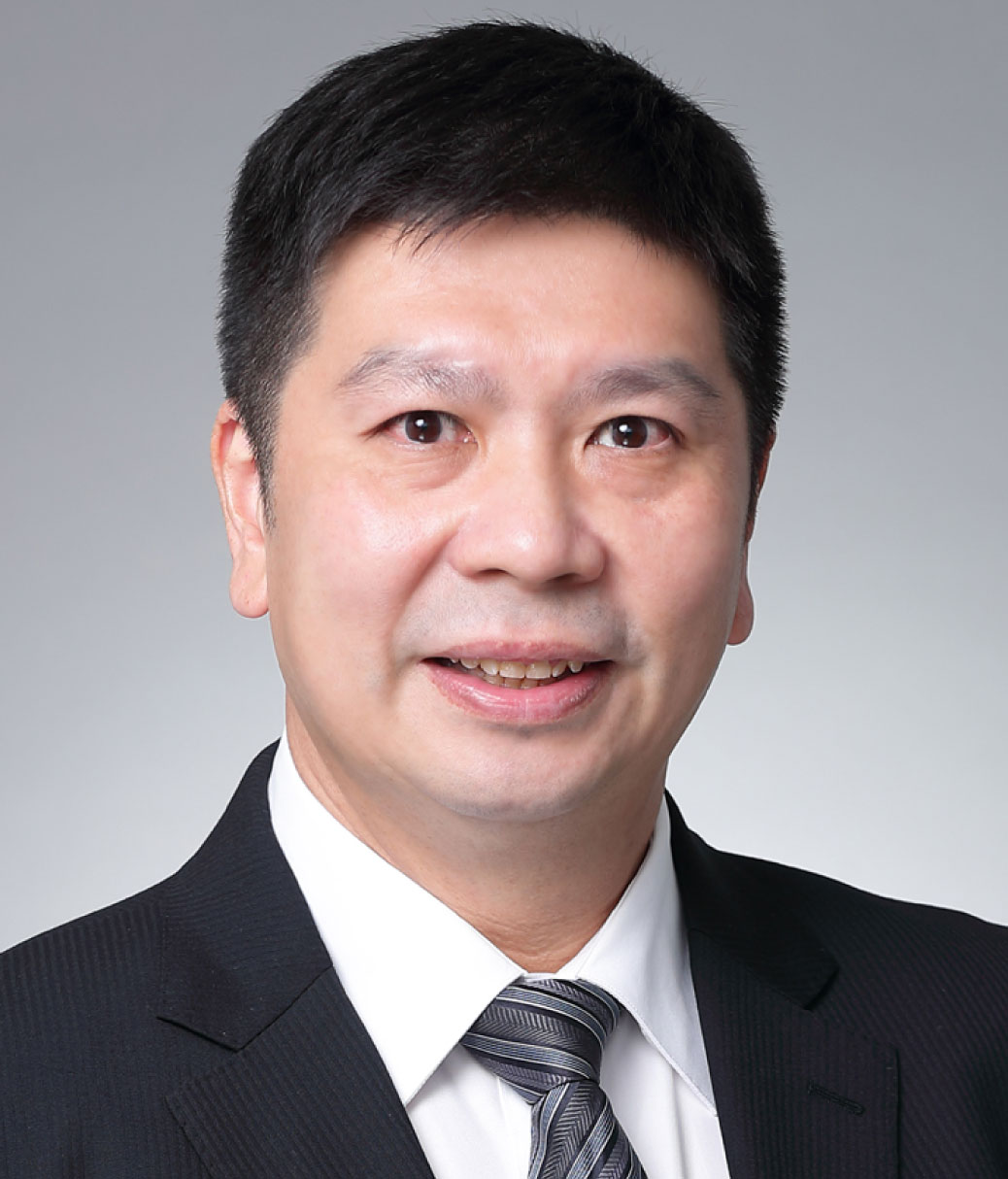
Associate Professor, School of Public Health, HKU

Invitrocue (Hong Kong) Limited
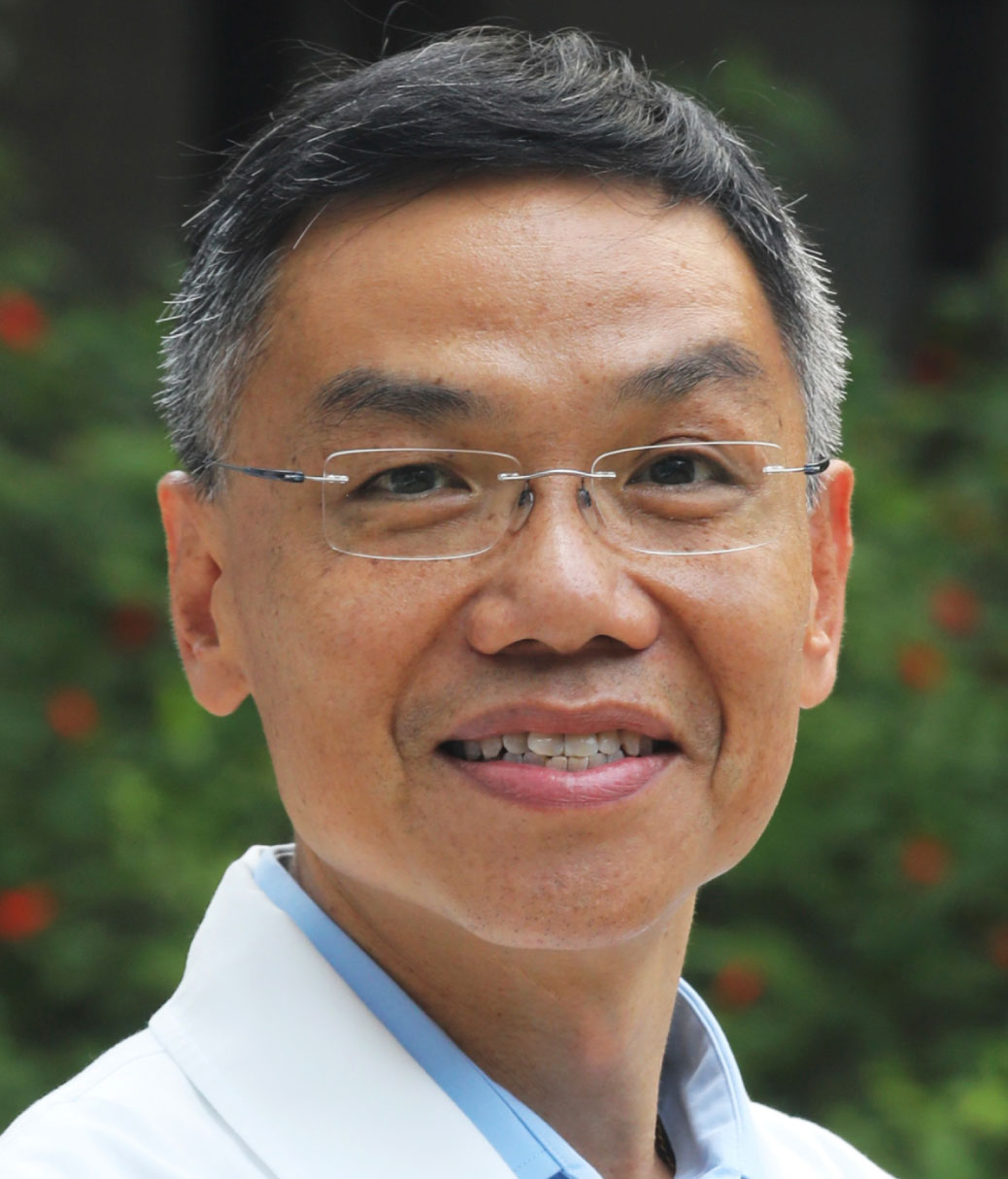
Associate Professor, Department of Surgery,
School of Clinical Medicine, HKU
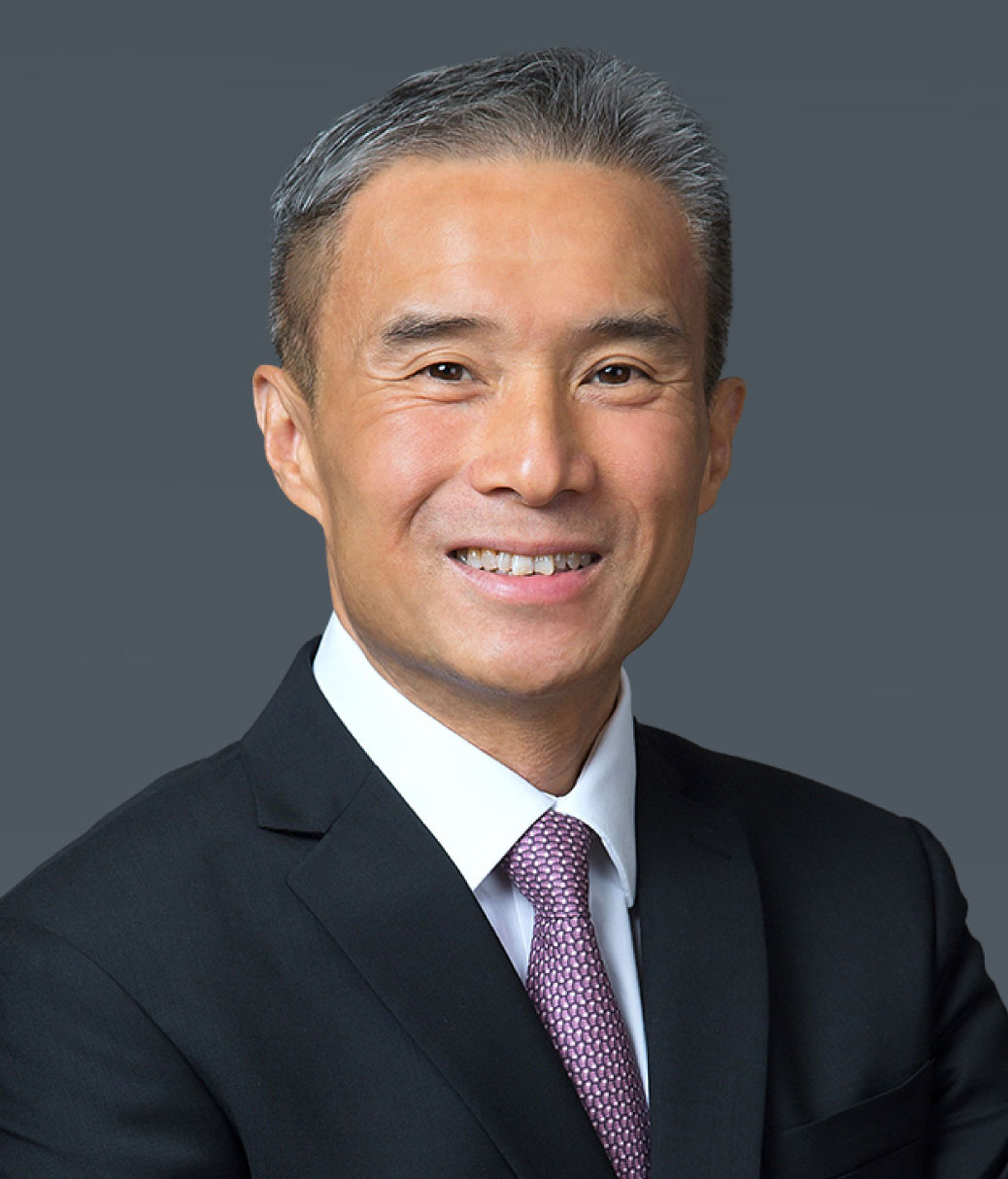
Hong Kong-Shenzhen Innovation and Technology Park Limited
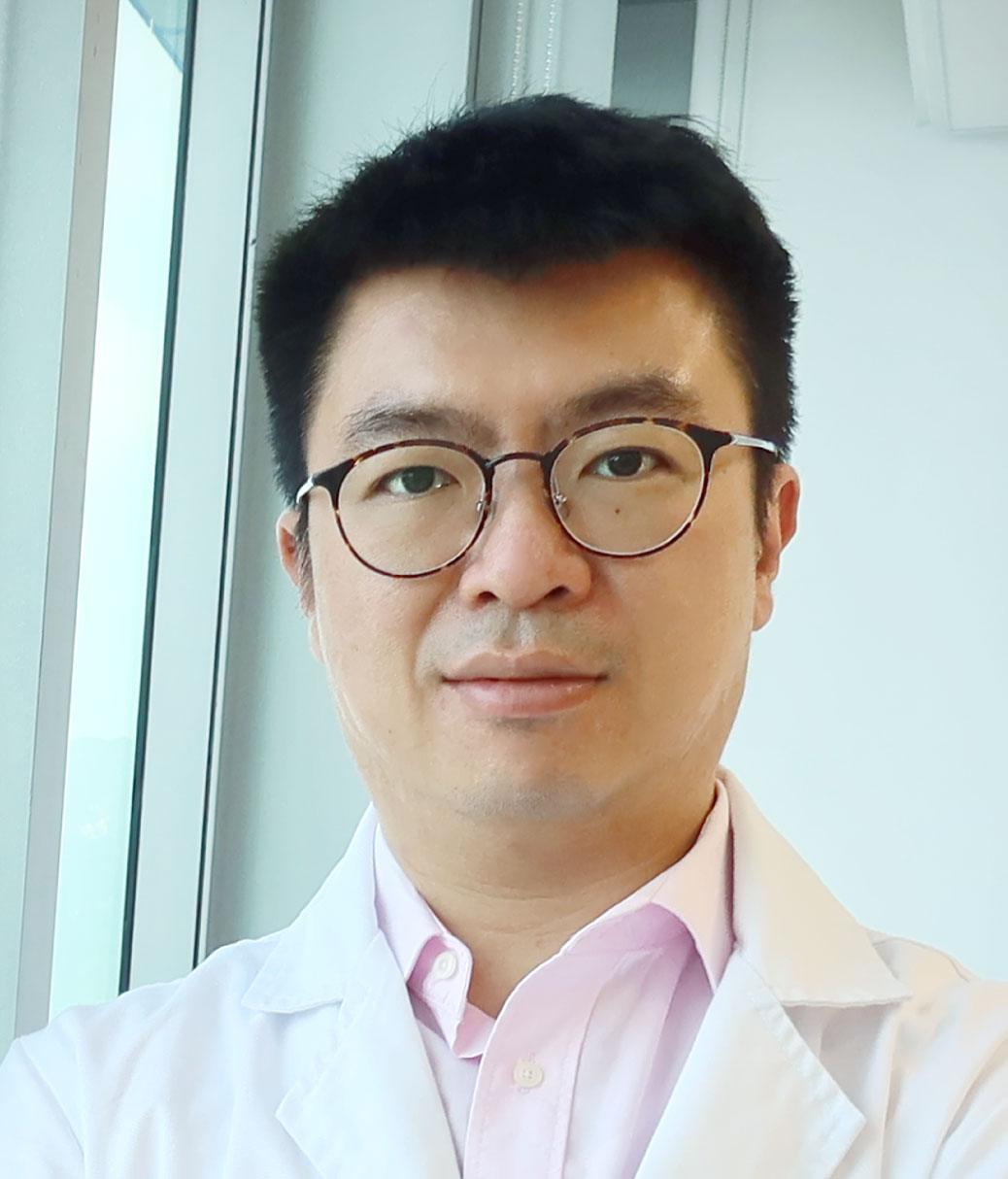
Professor, Department of Mechanical Engineering, Faculty of Engineering, HKU
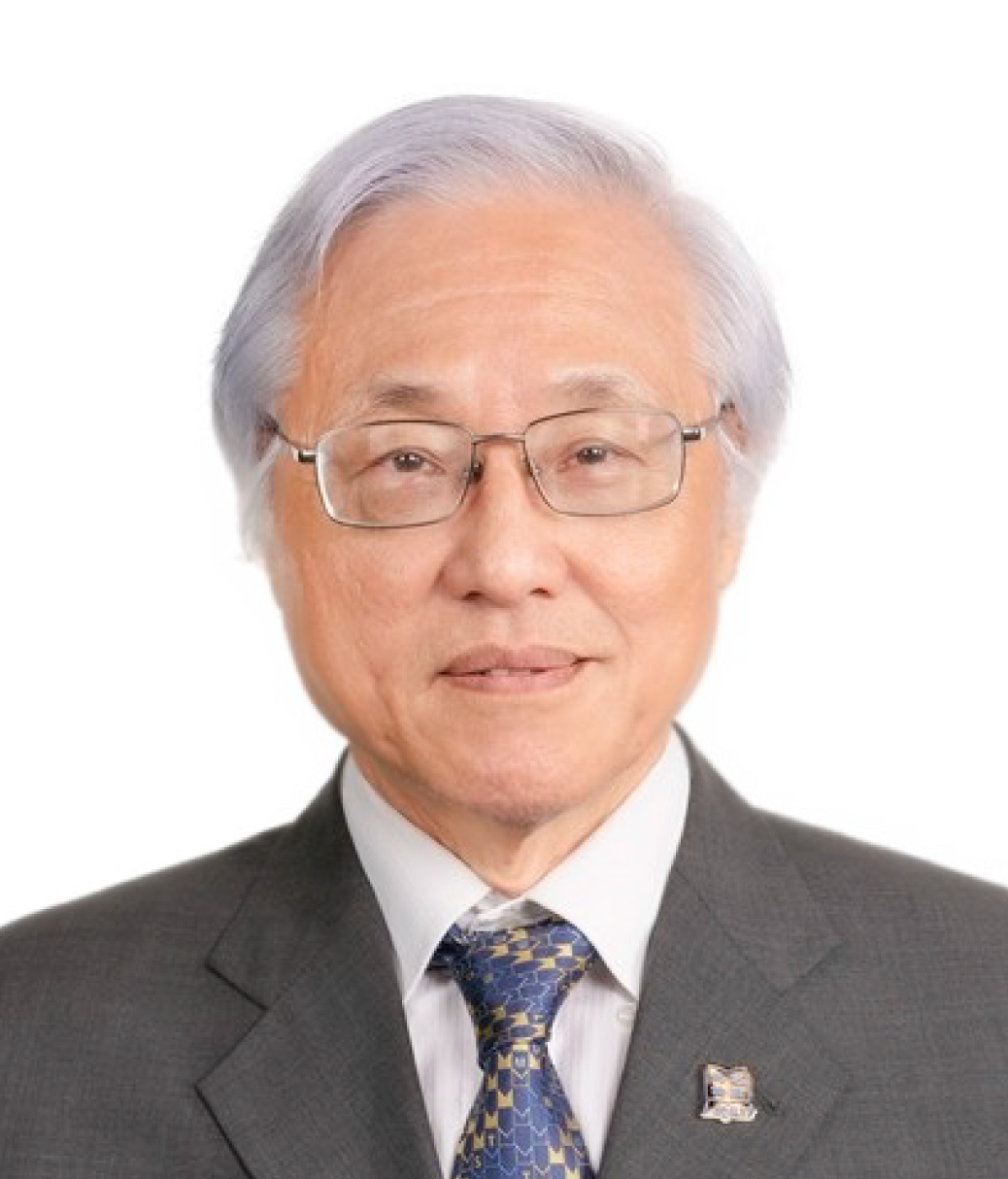
Chair Professor & VP, Macau University of Science and Technology

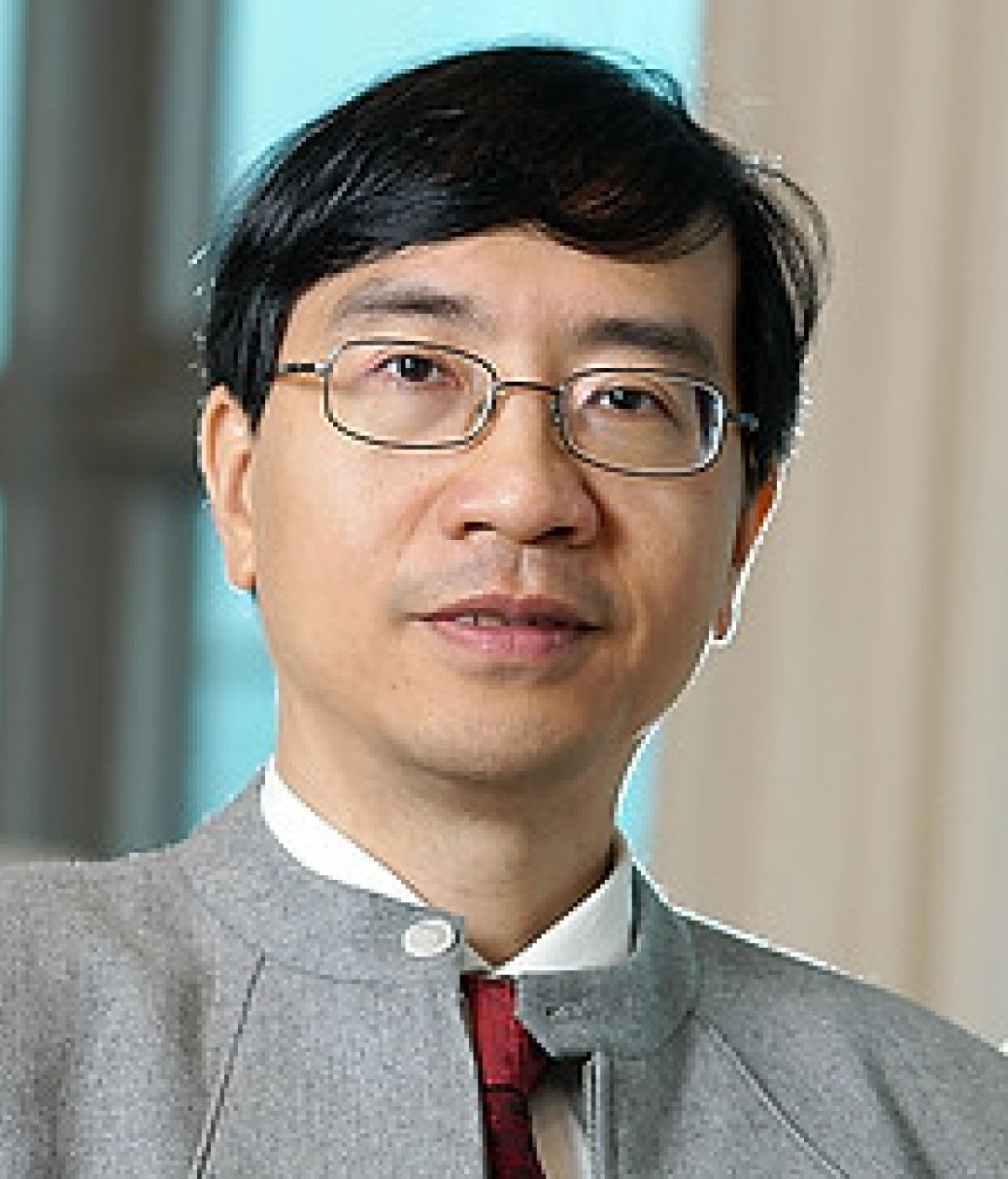
Chair Professor, Department of Microbiology, HKU
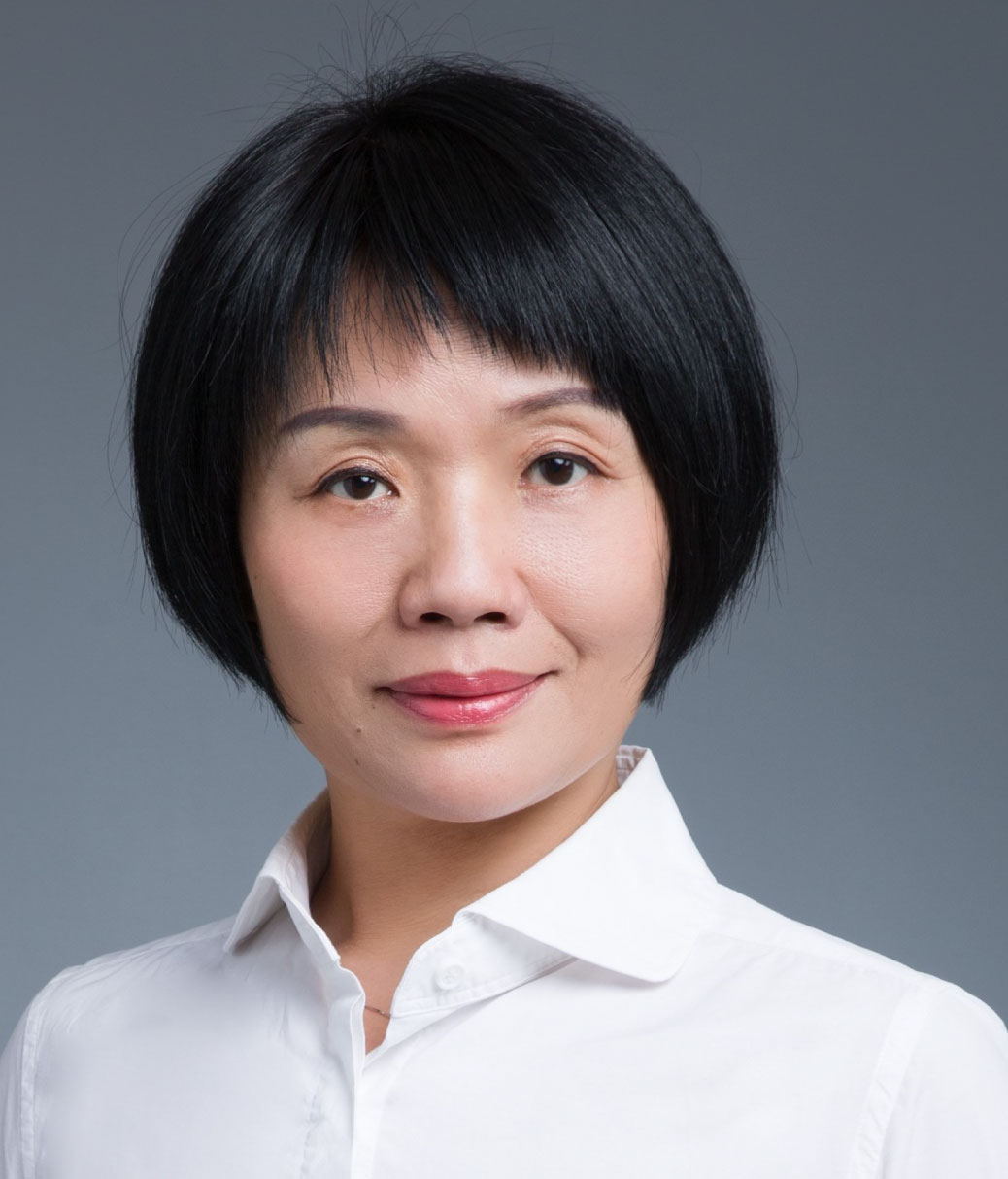
Assistant Professor, Department of Microbiology, HKU
Co-organized by:

Supported by:



